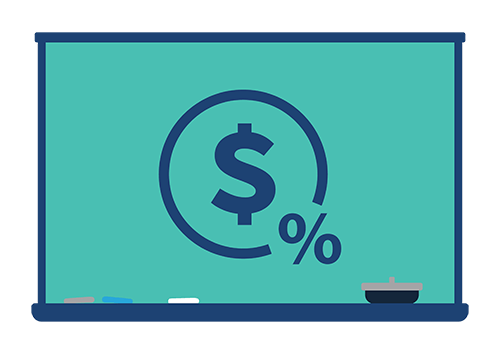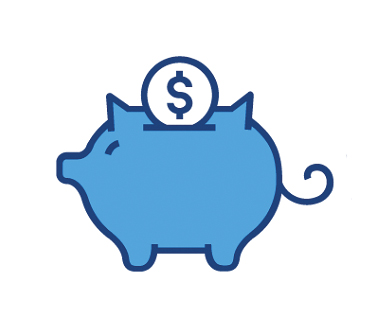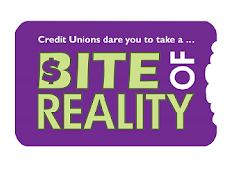Financial Literacy & Wellness
Take control of your financial life and achieve your goals!Reaching Your Financial Goals Requires Knowledge And Skills
Without an understanding of basic financial strategies and terms, it can be challenging to make informed decisions, overcome obstacles, and reach your financial goals. We are here to help you expand your financial knowledge with courses, programs, and technology. Read on to learn all the ways that we can help you succeed.
Financial Literacy Classes
Whether it’s buying a home or vehicle, going to college or preparing for retirement, you have big plans. We’re here to help you achieve them. Join us for our complimentary seminars and webinars and get real advice from real experts.

Feedback from the Field

GreenPath Financial Wellness
Free 1-on-1 Counseling and Educational Resources to Help You Achieve Your Most Important Financial Goals
Financial Wellness for Your Business
If you’re a business owner or human resources professional, you can offer financial empowerment to your employees as a Select Employer Group (SEG)!
As a SEG, any employees at your organization would qualify for Service CU membership, enhancing your employee benefit offerings by providing financial wellness resources and tools.


Youth Savings Account
Your kids can start healthy financial habits early with their very own savings account. Whether the goal is a new bike, summer camp, or even college, it’s never too early to start powerful savings habits.
Financial Education for Schools
Bite of Reality
Grades 7-12
In our interactive reality fair events, students choose a career that comes with a salary, family, loans, debt, and medical insurance payments. Students work with credit union volunteers to make simulated spending decisions, all while trying to stay within their budget.

Financial Education for Military and Veterans
Veteran Financial Wellness
Good Cents
Get Helpful Finance Tips
From Service Credit Union
Frequently Asked Questions
What is a budget?
A budget is your financial plan that estimates money coming in (income), and money going out (expenses) for a certain period of time.
Why is a budget important?
Maintaining a budget is important to ensure you are living within your means. Budgeting helps you control your spending, while helping you stay organized and able to pay your bills on time.
Learn more in our blog post Budgeting for Everyone.
How do you learn to stick to a budget?
Setting goals is one way to hold yourself accountable and stick to your budget. Having short term and long term goals can help you stay on track and feel more in control. An example of a small goal could be not ordering take out for two weeks, while a longer term goal could be saving money each week to build up an emergency savings account.
Check out The Top Four Reasons To Consider a Financial Plan to learn more.
What is a credit score and how is it calculated?
A credit score is a formula that lenders use to help determine how likely a borrower is to pay back borrowed money. Lenders, such as credit unions, look at the credit score to determine the type of credit that would best fit the borrower at the time of their application.
Your credit score is determined by factors such as: bill payment history, length of credit history, current unpaid debt, how much of your available credit you’re using, new credit requests, and if you have had debt sent to collection, foreclosure, or bankruptcy.
Learn more in our blog post What Makes Up A Credit Score.
What is a mortgage?
A mortgage is a home loan that you pay back over a number of years. Your mortgage payment typically includes the principle (the original amount your borrow), interest (the amount you pay to borrow the principle), taxes and insurance.
Learn more in our Beginner’s Guide to Mortgages, and get more tips from our real-estate lending experts. Stay tuned for our free, virtual and hybrid homebuying classes!